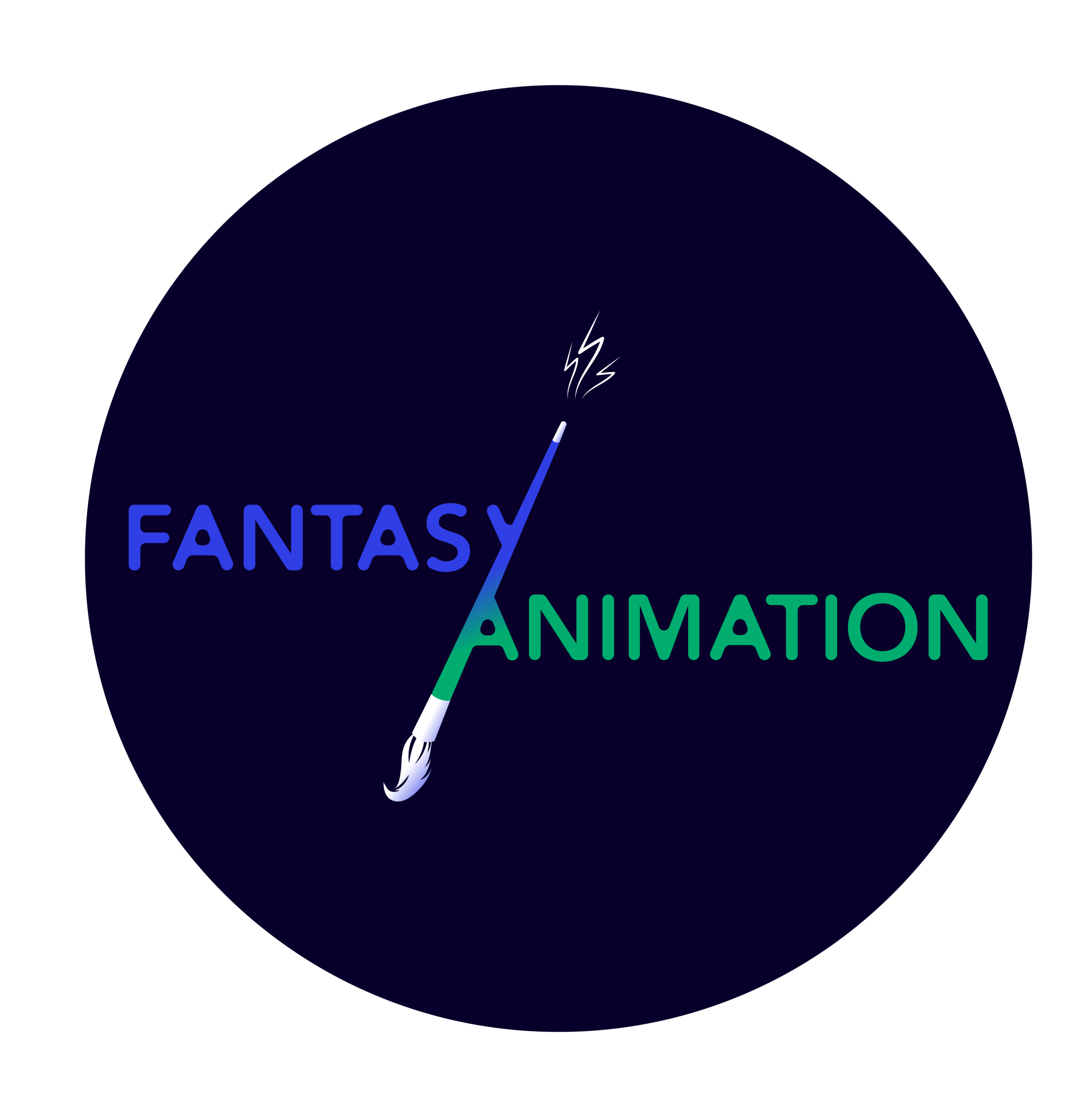Episode 84 - Shrek 2 (Andrew Adamson, Kelly Asbury & Conrad Vernon, 2004) (with Sam Summers)
The Fantasy/Animation podcast takes listeners on a journey through the intersection between fantasy cinema and the medium of animation. Available via Apple Podcasts, Spotify and many of your favourite podcast hosting platforms!
Episode 84 takes a trip for the first time to the computer-animated efforts of the DreamWorks Animation studio, often viewed as Disney and Pixar’s commercial rival but whose features frequently offer a biting satirical revision of the narrative and stylistic formulae of these renowned animation heavyweights. For this latest episode on Shrek 2 (Andrew Adamson, Kelly Asbury & Conrad Vernon, 2004), Chris and Alex’s special guest is Dr Sam Summers, Associate Lecturer at Middlesex University and author of the recent DreamWorks Animation: Intertextuality and Aesthetics in Shrek and Beyond (London: Palgrave Macmillan, 2020). Sam is also the co-editor of a collection Toy Story: How Pixar Reinvented the Animated Feature (London: Bloomsbury, 2018) and - alongside journalist Ben Travis - co-host of the Disniversity podcast that offers a crash course through the history of Disney's animated classics. Listen as they discuss Shrek 2 and its industrial and aesthetic place within DreamWorks’ animated canon, and its relationship to Hollywood’s computer-animated film landscape more broadly; star voices and ‘presentational’ performances that contribute to the film’s layering of intrusive anachronism; the combination of medieval fairytale fantasy tropes with California culture; tensions between Shrek 2’s anti-Disney sentiment and the franchising of the Shrek myth; commercial positioning and the role of Shrek 2 in consolidating DreamWorks as a ‘punky’ alternative to the tone and style of the Mouse House; Disney’s timelessness vs. the ‘timeliness’ of DreamWorks when it comes to pop culture satire; and how through the Fairy Godmother, Shrek 2 negotiates (and then weaponises) the happy ending structure common to the fairytale form.
Suggested Readings
Ayers, Drew. 2021. “The limits of transactional identity: Whiteness and embodiment in digital facial replacement.” Convergence: The International Journal of Research into New Media Technologies 27, no. 4: 1018–1037.
Genette, Gérard. 1997. Palimpsests: Literature in the Second Degree. Lincoln: University of Nebraska Press.
Hamad, Hannah. 2015. “Eddie Murphy's Baby Mama Drama and Smith Family Values: The (Post-) Racial Familial Politics of Hollywood Celebrity Couples. In First Comes Love: Power Couples, Celebrity Kinship and Cultural Politics, ed. Shelley Cobb and Neil Ewen, 116–132. London: Bloomsbury.
Holliday, Christopher. 2018. The Computer-Animated Film: Industry, Style and Genre. Edinburgh: Edinburgh University Press.
Summers, Sam. 2020. DreamWorks Animation: Intertextuality and Aesthetics in Shrek and Beyond. London: Palgrave Macmillan, 2020.
Summers, Sam. 2021. “Shrek at 20: Haters be damned, this grumpy ogre changed cinema!” The Independent (May), available at: https://www.independent.co.uk/arts-entertainment/films/features/shrek-20th-anniversary-memes-b1850266.html.

